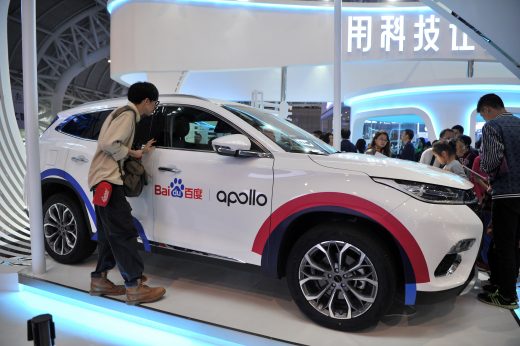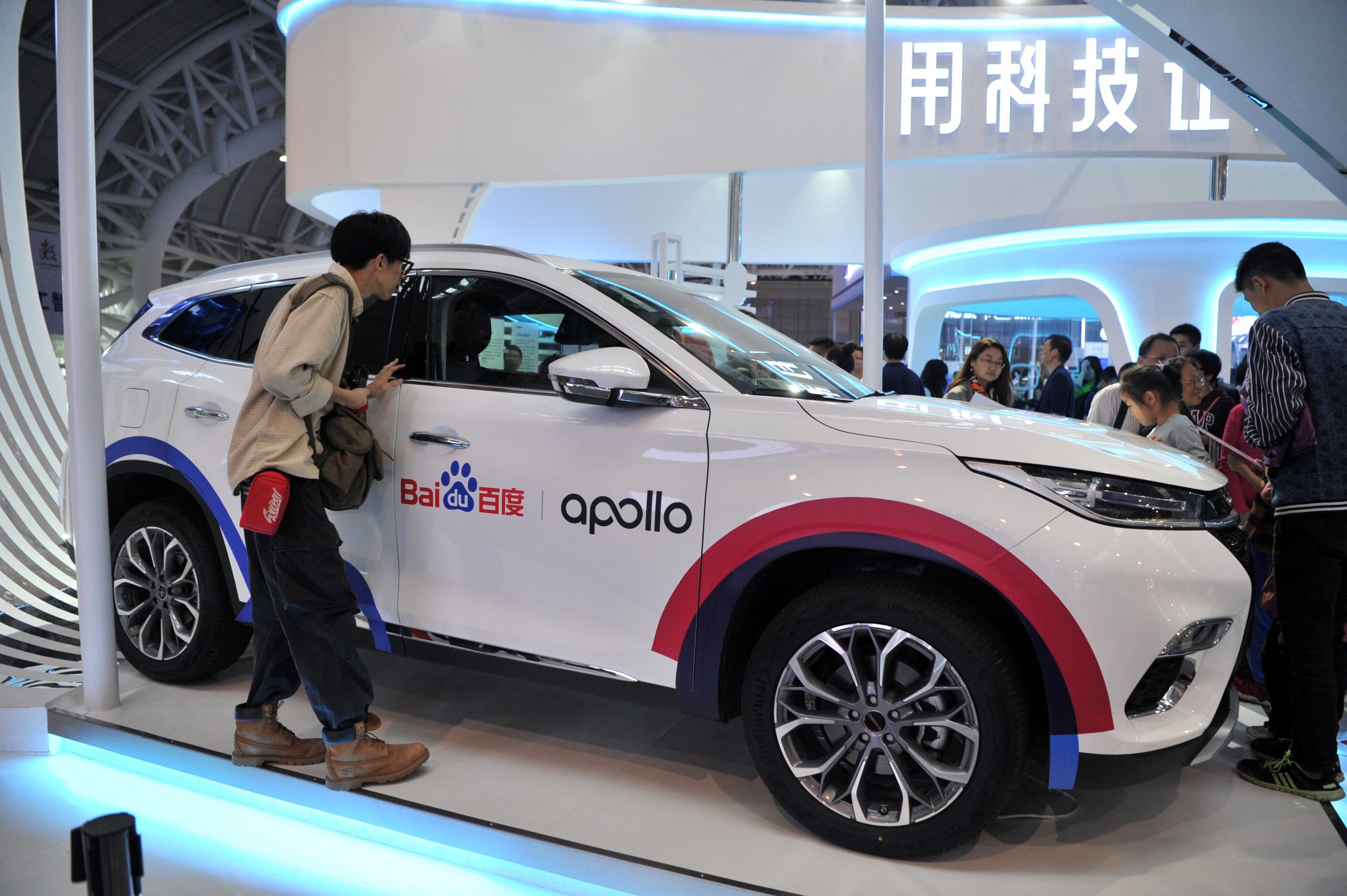Baidu completes its computer for self-driving cars
Baidu is on the cusp of making self-driving cars more practical. The Chinese tech giant has revealed that its Apollo Computing Unit, billed as the “world’s first production-ready” autonomous driving computer, is ready for use on the streets. It’s an unassuming box (see below), but it can handle massive amounts of data from five cameras and 12 ultrasonic radars.
It’s based on Xilinx processors and boasts microcontrollers from chip maker Infineon.
You’ll see the ACU in use quickly. It will power Apollo Valet Parking, a team-up with WM Motor that will automatically pick you up and otherwise streamline valet service without requiring drivers. It’s due to launch in the second half of 2020 and could be helpful during a pandemic, when you probably don’t want other people touching your car.
The firm isn’t the only one working on self-driving computers. NVIDIA is quickly landing deals with GM, Toyota and others that could make it a powerhouse, for instance. However, Baidu might be the first to put a platform into real-world (albeit limited) use. That, in turn, could spur competition and increase the chances you’ll experience driverless cars first-hand.
(25)




